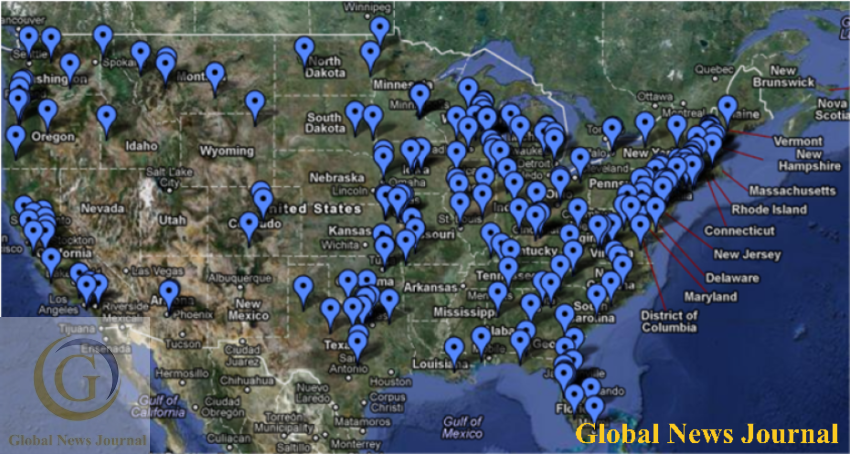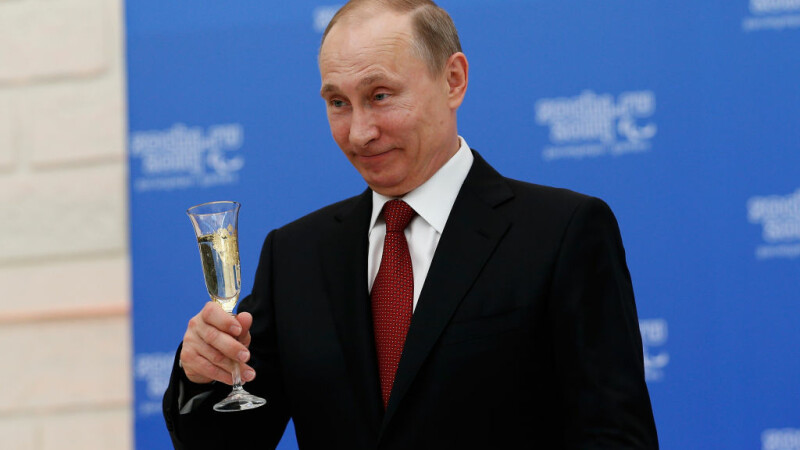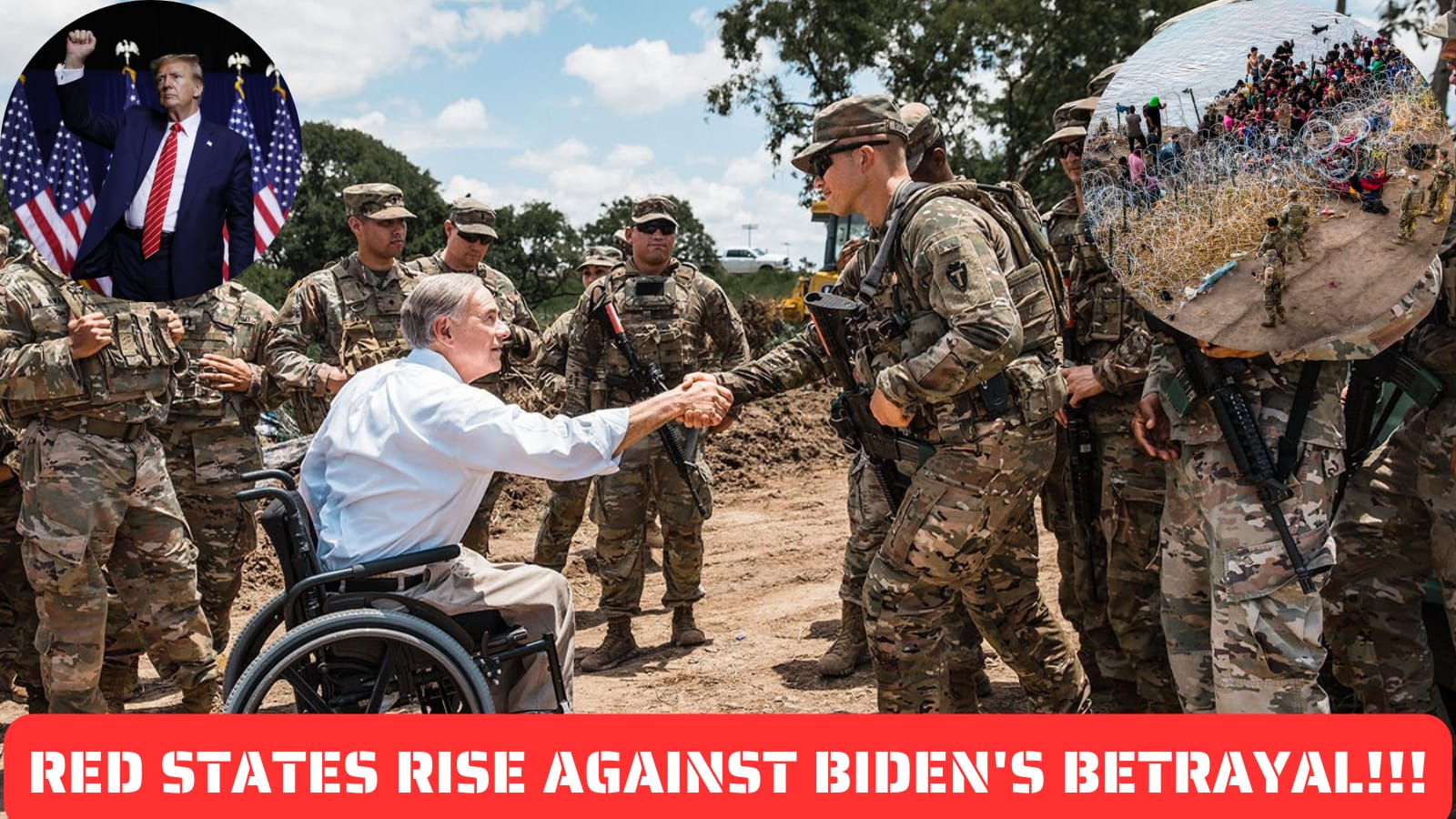Xi Jinping Commands Chinese Military to Prepare for War: Taiwan on Edge as Invasion Threat Looms
Ready to uncover the truth? Sick of the lies? Join our Telegram Channel now. It’s time for the real story! My gratitude to all my readers!
Chinese President Xi Jinping intensifies military preparations, ordering troops to prepare for war amid escalating tensions with Taiwan. Large-scale battle drills signal the growing threat of conflict in the region.
The simmering tensions between China and Taiwan have taken a dramatic turn as Chinese President Xi Jinping escalates his rhetoric and actions, calling on Chinese troops to prepare for war. This comes in the wake of heightened military exercises around Taiwan, a self-ruled island that Beijing sees as a breakaway province. Xi’s words, paired with an aggressive display of military power, send a chilling signal not only to Taiwan but also to the world at large. As battle drills intensify, so too do fears of a potential armed conflict that could have catastrophic consequences on a global scale.
Lede: The Alarming New Threat
In a bold and provocative move that has sent shockwaves throughout the international community, Chinese President Xi Jinping has openly called for his military to brace for war. This alarming directive, reported by state-run media, comes amid growing military drills around Taiwan—a territory that China has long sought to claim by any means necessary. Xi’s call for preparedness has brought tensions to a fever pitch, leaving many to wonder if the region is now closer than ever to a violent conflict that could draw in global powers.
Xi Jinping’s Dramatic Call to Arms
Chinese state media revealed this week that President Xi Jinping, in a visit to the People’s Liberation Army (PLA) Rocket Force, made an explicit demand for his troops to “comprehensively strengthen training and preparation for war.” The statement, chilling in its clarity, leaves little room for interpretation. This is not a diplomatic maneuver or a veiled threat—it is a direct instruction to the Chinese military to gear up for the possibility of an armed confrontation. Xi’s rhetoric has grown increasingly bellicose in recent months, reflecting a broader trend of heightened aggression from Beijing as it intensifies its claims over Taiwan.
The choice of visiting the PLA Rocket Force, China’s strategic missile unit, sends a clear message of the type of conflict Xi envisions: one that could involve advanced weaponry and a strategic deterrent. By focusing on combat capabilities, Xi signals a preparation not just for a conventional conflict but potentially for a conflict involving long-range, high-tech warfare. The implications of this cannot be overstated, especially for Taiwan, which remains on the front lines of China’s territorial ambitions.
China’s Growing Aggression Around Taiwan
Xi’s war-ready rhetoric follows a series of increasingly aggressive military maneuvers around Taiwan. Just days before his visit to the PLA Rocket Force, Beijing had conducted its fourth large-scale military drill around the island in a little over two years. This latest exercise involved a multi-pronged display of power, with fighter jets, drones, warships, and even coast guard vessels deployed in a show of force designed to intimidate Taiwan. These drills are not just symbolic; they are a clear demonstration of China’s growing military capabilities and its willingness to use them.
China has made it abundantly clear that it considers Taiwan an inseparable part of its territory, and Xi’s government has refused to rule out the use of force to achieve reunification. Each military drill around Taiwan brings the region one step closer to a flashpoint, and the world is watching closely. Taiwan, a democratic island that has governed itself since the end of China’s civil war in 1949, continues to defy Beijing’s demands for reunification. But with China’s military might growing by the day, the balance of power seems increasingly skewed in Beijing’s favor.
Strategic Deterrence and Combat Capability: Xi’s Focus
President Xi Jinping’s emphasis on “strategic deterrence and combat capability” highlights a crucial aspect of China’s military posture. By enhancing its strategic deterrent, China seeks to not only prepare for an immediate conflict but also to dissuade potential adversaries from interfering. This is particularly significant when considering the role of the United States, which has a longstanding security pact with Taiwan. The U.S. has repeatedly expressed its support for Taiwan’s defense, but with China boosting its deterrence capabilities, the risks of any intervention from external powers grow more severe.
Xi’s insistence on bolstering combat readiness shows that China is no longer content with just symbolic shows of force. The modernization of its military, particularly its missile and naval forces, points toward a more aggressive strategy, one that could be used to swiftly and decisively overwhelm Taiwan’s defenses. The phrase “solid combat capabilities” used by Xi is a stark reminder that China is no longer just posturing—it is preparing for the real possibility of war.
The Historic Roots of the Taiwan Dispute
The conflict between China and Taiwan is not a recent development. The roots of this territorial dispute stretch back to the Chinese Civil War, which ended in 1949 when Mao Zedong’s communist forces defeated Chiang Kai-shek’s nationalists. Chiang’s defeated forces retreated to Taiwan, where they established a separate government. Since then, Taiwan has operated as a self-ruled island, though China has never recognized its independence and has consistently vowed to bring the island back under its control.
For decades, Taiwan has existed in a state of uneasy limbo, recognized by only a handful of nations as an independent state while maintaining a thriving economy and democratic government. China’s communist leaders, however, have made reunification with Taiwan a central tenet of their political goals. The rhetoric has shifted over the years, from calls for peaceful reunification to increasingly militant threats of force. Xi Jinping, more than any of his predecessors, has brought these threats to the forefront of his foreign policy agenda.
The Global Stakes of the Taiwan Conflict
A potential conflict between China and Taiwan would not just be a regional issue—it would have far-reaching consequences for the entire world. Taiwan sits at the heart of global trade routes, and any disruption to its stability could cause shockwaves throughout the global economy. Taiwan is also a major producer of semiconductors, which are crucial to the world’s tech industries. A war in Taiwan could cripple the production of these vital components, leading to supply chain disruptions that would be felt worldwide.
Moreover, any military conflict between China and Taiwan would almost certainly draw in other major powers. The United States, as Taiwan’s primary security partner, has pledged to defend the island from any invasion. This sets up a potential clash between the world’s two largest military forces—an outcome that could quickly escalate into a broader international crisis. The geopolitical stakes in Taiwan are enormous, and the consequences of a full-scale conflict are almost too dire to contemplate.
Taiwan’s Defiant Stance
Despite the mounting pressure from Beijing, Taiwan has shown no signs of capitulating to China’s demands. Under the leadership of President Tsai Ing-wen, Taiwan has maintained a firm stance on its sovereignty, refusing to bow to China’s threats. Tsai’s government has increased its defense spending and sought to bolster its military alliances, particularly with the United States. However, Taiwan’s relatively small military force is dwarfed by China’s, and the island’s leaders know that they would face an uphill battle in any direct confrontation with Beijing.
Taiwan’s strategy has largely centered on deterrence, hoping that the potential costs of an invasion will outweigh the benefits for China. By strengthening its defense capabilities and forging closer ties with other democratic nations, Taiwan hopes to maintain the fragile status quo. But with each new round of Chinese military exercises, that status quo becomes increasingly precarious.
The Role of the United States
The United States plays a critical role in the Taiwan-China conflict. Washington has long supported Taiwan, providing it with military aid and training. The U.S. maintains a policy of “strategic ambiguity,” deliberately leaving it unclear whether it would intervene militarily in the event of a Chinese invasion. However, recent administrations have shown a growing willingness to push back against Chinese aggression. The sale of advanced weaponry to Taiwan and the deployment of U.S. naval forces in the region are clear signals that Washington is prepared to defend its ally.
Yet, the stakes are incredibly high for the U.S. A war with China over Taiwan could quickly escalate into a broader conflict, with catastrophic consequences for both nations and their allies. The risk of miscalculation is enormous, and as China’s military strength grows, the U.S. must carefully navigate its role in the region.
Xi Jinping’s Endgame: What’s Next?
The world now watches with bated breath to see what Xi Jinping’s next move will be. His call for troops to prepare for war, combined with the ongoing military drills, suggests that China is moving closer to a critical decision point. Whether that means an actual invasion of Taiwan or merely a further escalation of threats remains to be seen. One thing, however, is clear: Xi has no intention of backing down.
For Xi, the reunification of Taiwan is not just a matter of territorial integrity—it is a core part of his legacy. His leadership has been defined by a desire to restore China to what he sees as its rightful place as a global superpower. Bringing Taiwan under Beijing’s control would be a crowning achievement for Xi, solidifying his place in the annals of Chinese history. But that goal comes with immense risks, not just for China, but for the entire world.
Conclusion: A Perilous Path Forward
Xi Jinping’s call for war readiness and the intensifying military exercises around Taiwan represent a dangerous escalation in an already volatile situation. The world can only hope that cooler heads will prevail, and that the current posturing does not spiral into a full-scale conflict. But with tensions at an all-time high, the path to peace seems more fraught than ever before. For Taiwan, China, and the world, the next few months could prove pivotal.
The stakes are nothing short of global, and the consequences of miscalculation are too dire to ignore. As Xi Jinping prepares his troops for war, the world watches, hoping for diplomacy but bracing for the worst.
🇨🇳”CHINA’S XI CALLS FOR TROOPS TO PREPARE FOR WAR”
Chinese President Xi Jinping called this week for troops to strengthen their preparedness for war.
Xi made his comments while visiting a brigade of the People’s Liberation Army Rocket Force.
Chinese President Xi Jinping:… pic.twitter.com/t51hdAUyW7
— WORLD AT WAR (@World_At_War_6) October 19, 2024
Our mission to champion democracy, freedom of speech, and patriotic values relies on the support of dedicated individuals like you. Your contribution is vital in helping us provide insightful analysis, uncover pressing issues, and inspire positive change in our nation.
Join us in our commitment to making a difference. Every donation counts and empowers us to continue our work in advocating for the values we hold dear.
Thank you for being a crucial part of our journey.

I’m a 33-year-old writer and the founder of World Reports Today. Driven by the timeless principles of democracy and freedom of speech, I use my platform and my writing to amplify the voices of those who uphold these ideals and to spark meaningful conversations about the issues that truly matter.






